Keki N Daruwalla is decorated police personnel, a security consultant brushing shoulders with the Prime Minister of India, politics, poetry, short stories, novels – a kaleidoscope in motion. Urna in a candid interview, featuring the life and times of the celebrated poet. An exclusive for Different Truths.
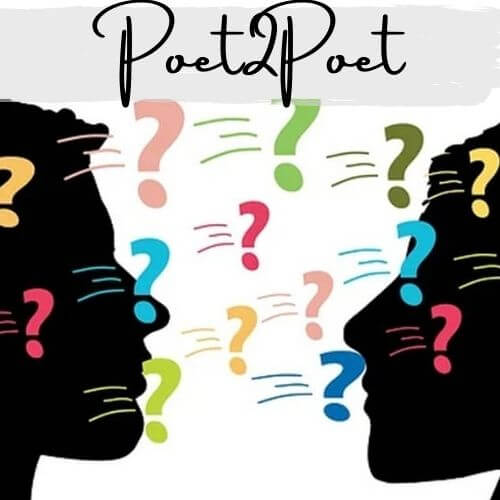
Keki N. Daruwalla always leaves me utterly, insanely, totally spoiled for choice. I don’t know whether I should read his on-the-dot, witty, gleaming with life insights and perspective-rich fiction more. Or to hungrily devour page after page of his sensitively rendered, shimmering with intensity and thematically diverse poetry more.
A delectable problem to have, you will agree. As will everyone else who just can’t have enough of Keki’s spectacular brand of writing and wit, acuteness of observation and sharpness of expression.
And as an ardent fan of his colossal body of work spanning decades, I am humbled, honoured, and frankly over the moon to bring you this one-on-one chat with the celebrated litterateur.

Urna: Has your idea of what ‘poetry is’ and ‘what it means to write poetry’ shapeshifted and metamorphosed over so many years of a prolific writing career? Was there an inflexion point or a couple of them maybe when you started navigating towards prose?

Keki: This answers your first two questions. Have never confronted the question of what poetry means to me or to the world, mankind in general. Like music, even more at a deeper level, you can’t manage life without it. In distress or emotional highs and lows, you think of poetry, repeat lines, or couplets.
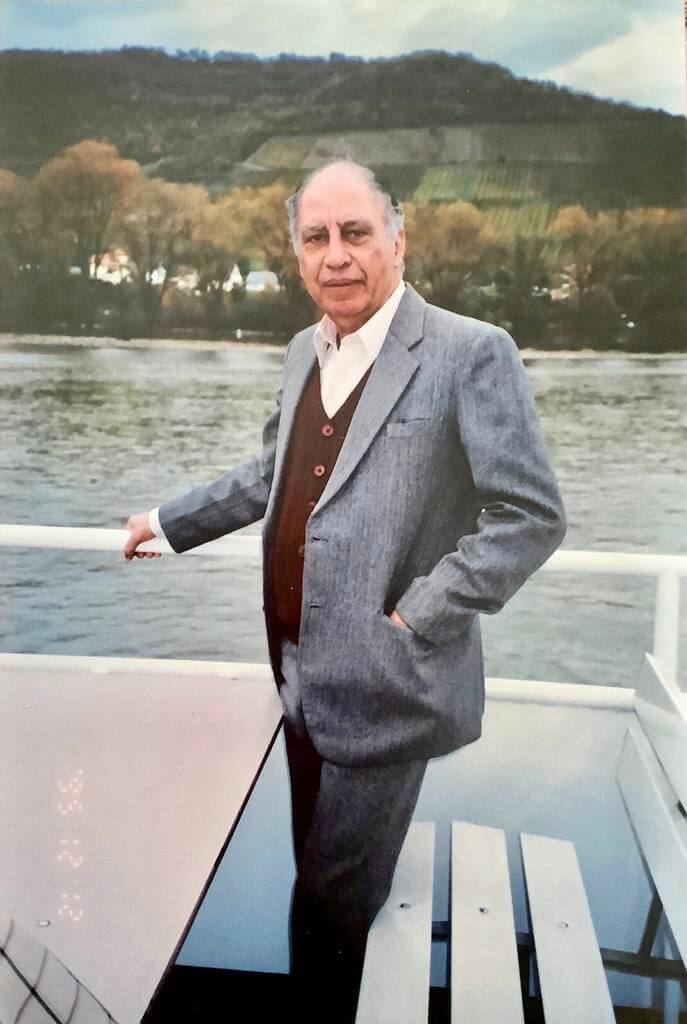
Poetry for me has been a journey, a voyage. You deal with different shoals, currents, waves, and to switch metaphors, with trucks plying on the wrong side of the road.
Under Orion, written in 18 months carries seeds of much of my later writing, raucous poems on riots, delving in myths (badly initially, for instance with Orion). Wanted to write about drift, got bogged with nitty gritty of the Orion myth. But wrote about myths and things in Dialogues with a Third Voice. Some poems are rank. I would now call them event poems or camera poems. Had returned after six years in the hills to Barabanki and was asked by P. Lal to give him a volume of poems! Saw a woman getting an epileptic fit, wrote. A patient being carried on a cot to a hakim, wrote. But had the sense to write beyond what the eye sees, meaning and metaphor have to accompany this excursion, and that came naturally. (Please tick me off if / when I get pompous. You should read some of the writers—can’t write two decent lines to save their lives, but how they fart on their “art”, sorry, you can cut that out).
My poetry moved with “history”, sounds pompous, I know. But we moved towards a draconian state, Mrs. G’s Emergency, and Winter Poems, came out. I had moved to Delhi, and my brother Jal died. All that comes out in what you write, drips in.
Prose? I always thought of writing fiction, just couldn’t write. Big struggle, lasting over many years, and then came the stories, each one welded by an iron monger, often you can see the joints.

Urna: Your first collection, Under Orion, was published in 1970. If you could look back at your younger self and give Keki Daruwalla in the year 1970, some writing advice and life tips, what would they be? Tell us a little bit about your legendary relationship with P Lal, the poet who ran Writers Workshop in Calcutta.

Keki: I would tell him to make the poems shorter, cut out some of them (which I did in reprints), turn away from the raucous. I was a small-town man — had never met or talked to a poet, lessen the scorn which appears in my first two books. Then Nissim Ezekiel wrote two fabulous reviews for both volumes. He reviewed Ramanujan and my second volume.
P. Lal had seen three of my poems in the Illustrated Weekly, one on Charvak, and one on the death of Martin Luther King, and offered me a book! Very generous. He has done for Indian poetry more than anyone else — with the Writer’s Workshop. I met him only once when I had a long evening with him. Didn’t have enough “go”, took my job too seriously.

Urna: Decorated police personnel, a security consultant brushing shoulders with the Prime Minister of India, politics, poetry, short stories, novels – a kaleidoscope in motion, a complete rainbow coalition. An excellent time manager, how did you manage to juggle so many hats brilliantly?

Keki: I was just once with the PM – short stint for six months. Have never been with the high-ups. I had very heavy desks. For 20 years, I dealt with Pakistan in the Cabinet Secretariat. Also, the Middle East, coupled with Pakistan for ten years. Hence never could write a novel during those days. Was never brilliant!

Urna: You have written twelve volumes of poetry, five of short stories and three novels. In your novel, ‘Swerving to Solitude: Letters to Mama’, which is one of my personal favourites, you write in the voice of Seema Thakur Singh. A young woman married to an ambitious deputy secretary in the Prime Minister’s Secretariat, Government of India. Tell us a little about this journey – writing in a feminine voice. How did you go about constructing Seema’s gaze in a novel, where the political is so deeply personal?

Keki: Have no answer. But the Deputy Secretary is fashioned after a real bureaucrat. Like to face a challenge—a novel is a challenge—characters, the “zamaana”, the history. Am disappointed that people haven’t taken to my novels. I consider myself a serious novelist. My latest vanished from my computer—it was set in ancient India!
I work hard—you have to make up for shortcomings in the talent pool. From Komagata Maru to Mexico, studied history and whatever I could get on the subjects. Also, that bum, McCarthy. The writing came on its own. Now it doesn’t come. Am writing my memoirs, and my Long Stories are with my publisher—they are slow—it’s been with them for two years.

Urna: Every poet/author has a reason to write. Amidst the agony and ecstasy of creativity, what did life snatch away from you and what did creative writing give back? Last but not the least, what is your advice to new poets/writers?

Keki: Life snatched away my wife, 20 years back, through a motor accident in Austin, when we had just landed. I live alone, my two daughters are abroad with their families. Writing and reading have kept me alive. My next poetry volume, which I wrote in 2020, is my best. The central poem is a take-off on Dante’s tenth Canto.
***
Urna Bose recites two poems by Keki Daruwalla
***
Five Poems by Keki Daruwalla
Poem #1
The Unrest of Desire
From the Snows in Ranikhet
(To a friend newly married)
Words, footholds, winds are trapped in the snow here; a little effort and they can be found. Just dig through two white feet of silence till you hit the ground. Even now the hush is where it was when the flakes first floated down. Branches span out in spiked gestures framed against the skies. Their skeleton fingers burn with frost. But vengeance still is Christ’s- each night frost like a murdered stiff is stretched upon the ice. But the goddess of the seasons still chews her cosmic cud. Her mastication brings forth green leaf and golden bud. Fish will erupt from larval beds and go downstream with the flood. The earth will speak, it has to, thaw with its unseen plough will trek the undercrust, expose the vast germinal slough. Spring with her flaring grass-skirt will come and take her bow. It’s a pleasant thought that seasons will in each other blend while you move along a landscape of yearning that will end in the precincts of your bodies which you’ll seed and tear and rend. And heal with your own bodies; that is the crux of love: the falcon fury of the moment turns into the dove. The face as spirit, the face as flesh blend in the face as love. You’ll be probing for the fire-core of creation, subtly red, the embryo hatched from your joint flame, yet don’t forget the dead; for you’ll do a little killing with every act in bed. Old terrors that were sung of even in ancient runes will die a cell-by-cell death within your bed and soon you will explore dead cities in each house of the moon. But let us keep it level and keep singing of desire. The earth is waiting keenly to hear your spirits singing to hear your bodies singing a duet on fire.
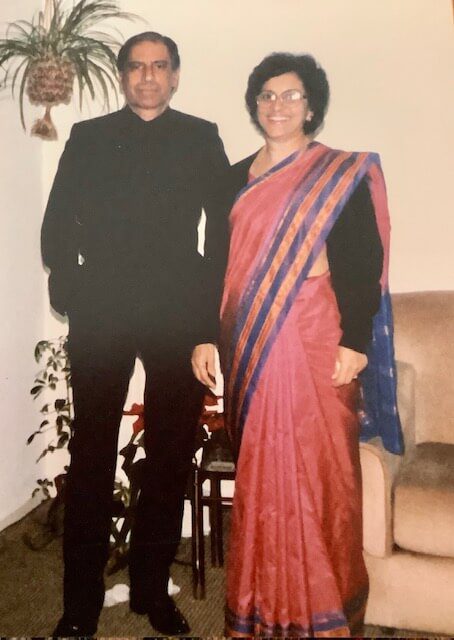
Poem #2:
Ram Leela on Current Affairs
(in Omar Khayyam Mode)
Awake, for the sun has sent in disarray Nehruvian nitwits on their shameful way. The Kagbhusand of time has just a while to flutter Lo the crow-king wakes up on his victory day. Each morn a thousand slogans brings you say But where are the wilting ones of yesterday? Are sab ka vikas and sab ka saath And homeward wapasi still on their way? In khaki jockstraps and in ochre pants, The faithful rise, rank on serried rank, Wearing their nationalism on their arm. Their shouts are deafening on Yamuna’s banks. Yamuna’s banks damaged by Double Shree? He was asked to give a 5-crore penalty for environmental damage he had done. He didn’t pay a pie and walked away free. The Sadhvi who extravagantly burst upon the skyline, the one who cursed the man who spotted her cycle with a bomb. At the hustings she was by far the first. She is inclined toward old assassins who thrive with Godse in history’s litter bin. Hate for Karkare and love for Gandhi’s killers is seldom viewed in politics as sin. Awake! and in the fire of spring your khadi garments of the Congress fling. Let’s admit they made money in Bofors and CBI never made Quatrochi sing. Each morn a thousand scandals brings you say forget the scandals of yesterday. How about Rafalle my dears and to a bankrupt Ambani that giveaway. What about Delhi being broken into bits the central vista transformed to stone-grit? Who’ll profit from this –some Desai or Patel? Or a neo Nirav Modi make the exact fit? Meanwhile the Gandhis win against The 23 who wrote a complaint That woke them up like an alarm clock gone mad.
Poem #3:
Nervous Listener at Piano Recital
Piano and flute are at Mozart’s Andante.[i] I think of the slur of traffic on a rain-wet road; the flute sounds quicker, it isn’t, the Delhi hoy poloi clap between movements, the toads! The flutist swings, his knees flex, hips sway to the music; my mind is not at rest, the cause: a leaking tap at home drips on my dry memory, and between movements, the endless Delhi applause.
[1] Mozart’s Andante in C-major KV315
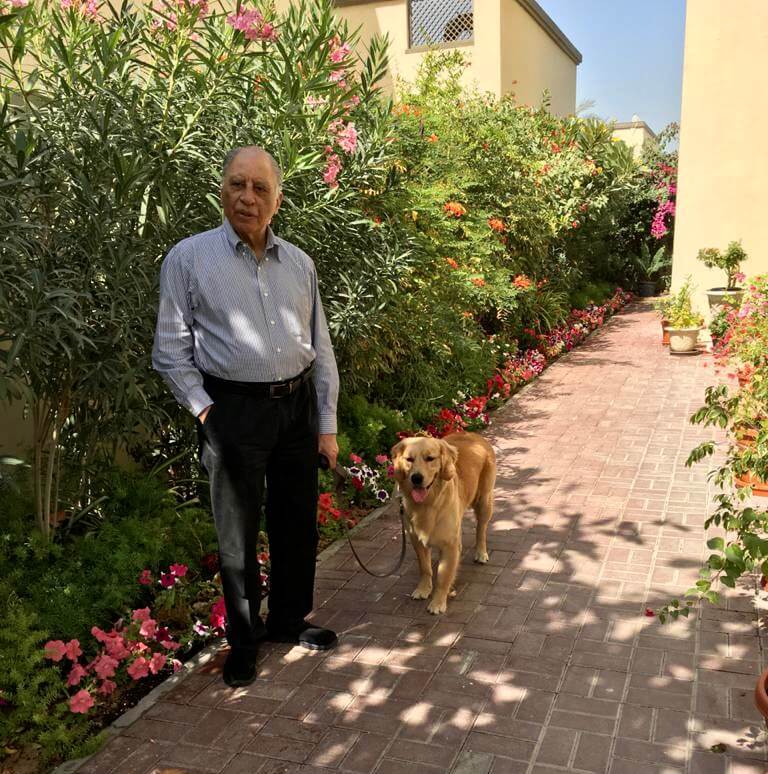
Poem # 4:
If there were a Goddess of Peace
If there were a practicing goddess of peace she would have celebrated the judgement of the Five. The trouble is goddesses of peace are hard to find; gods of war are in plenty. Is mythology also arraigned against genuine peace (as against the spurious one) and votes for dome batterers? This leads to another question, does humanity deserve peace? Must ask Derrida or Foucault, though I haven’t read the buggers. Peace is not a scribble of words dictated to a key pad in a musty room; it is a cloud in summer that keeps you from the sun. The goddess of peace had there been one would have been disturbed at the sight of a temple coming up on the carcass of a mosque.
Poem # 5:
Field Boundaries
beyond the field boundaries the land is not our concern. We’re told they zeroed in on the fox, have penned it so that the chickens will be safe. bears have been sent off to the circus but they haven’t taken to our national songs, and stand defiant in stiff-legged petulance. like a rumour going round we hear the wolves and when asked we nod ‘yes we’ve heard them’ though not sure we heard them. We’ve planted their totems in the adjacent field And a holy man from Benares has countered their spells we have donated a god and set it up there along with a large fat scarecrow but all this is beyond our field boundary. we are safe, Kashmir has never been safer.
Photos from Keki Daruwalla, video and visual by Different Truths

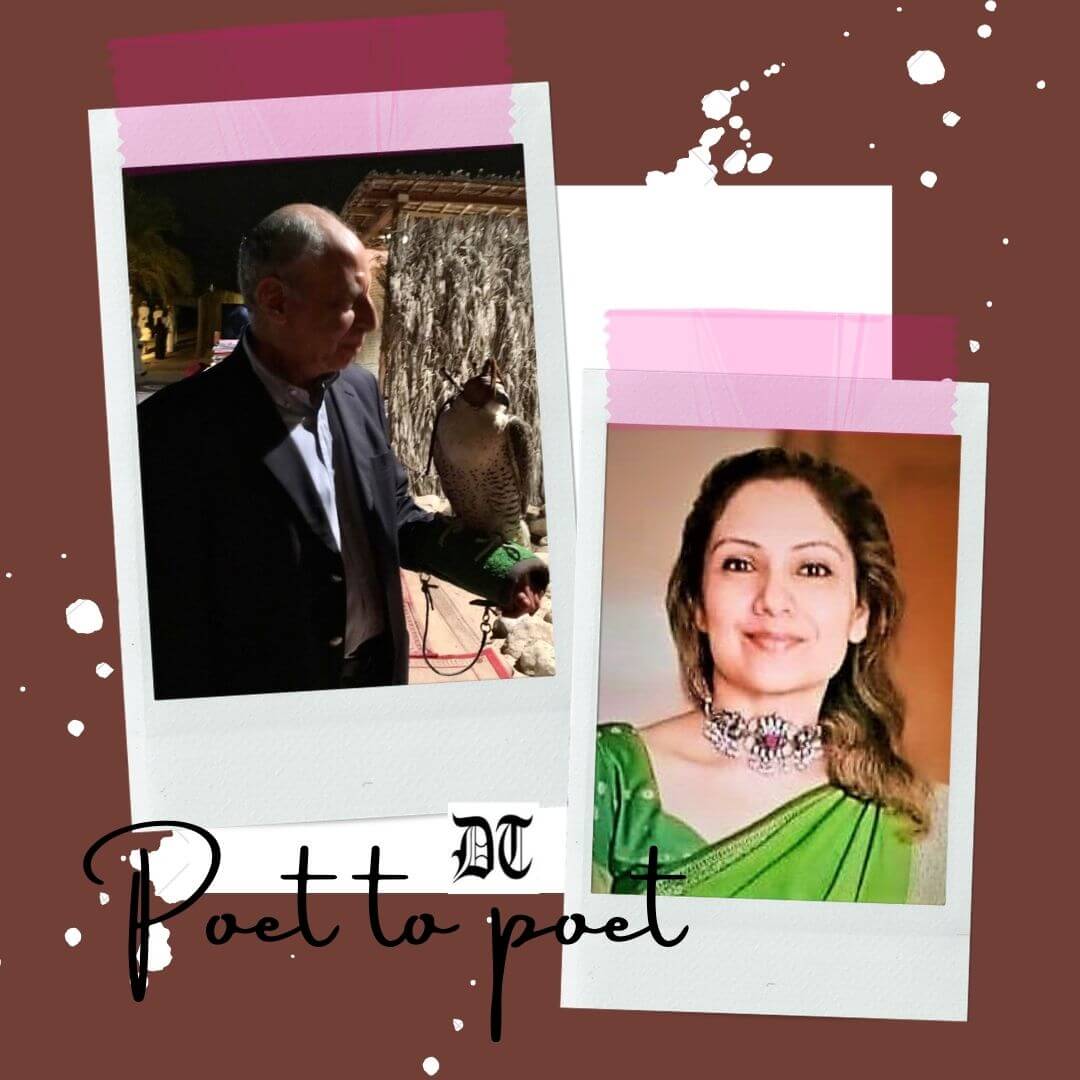
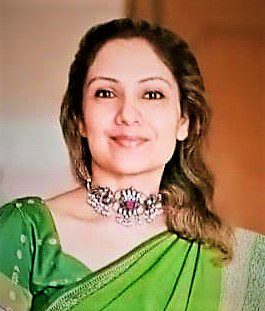
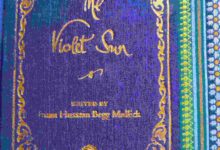


 By
By
 By
By
 By
By
 By
By
Dear Urna,

A scintillating interview which attests fully the merit of a great poet, scholar and devout officer. “The proof of the pudding in the eating..”, the select poems added to the fare,making the circuit truly rewarding.
Revisiting Keki, I revisited the bloom of Indo anglian poetry..